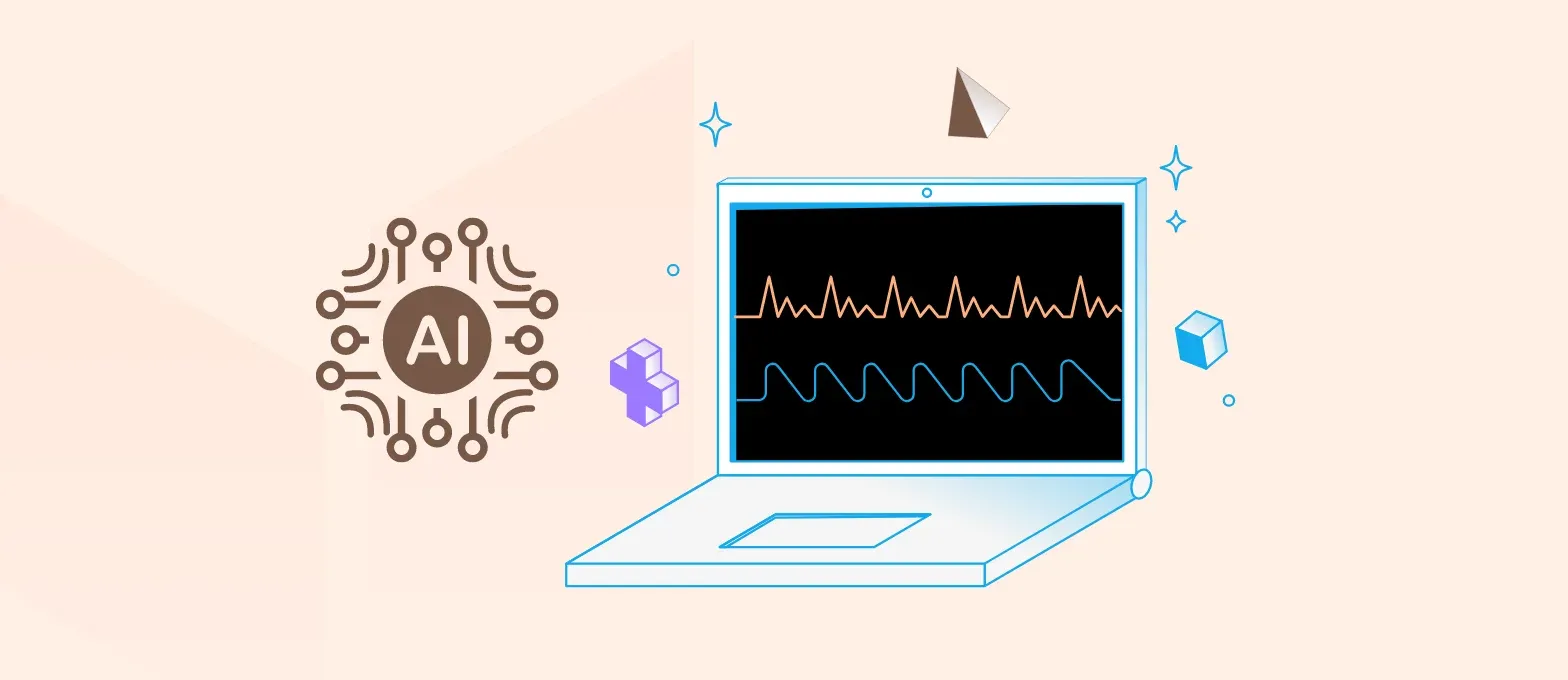AI-Powered Advancements in Pharma

In the rapidly advancing field of biomedical engineering, artificial intelligence is transforming pharmaceutical formulation development and modern, new age pharma. The pharma industry is introducing AI and machine learning techniques to improve the end-to-end product lifecycle.
From drug discovery to product management, AI plays a crucial role in pharmaceutical engineering. The main advantage to using AI-based tools is its ability to swiftly analyze large amounts of data: an invaluable skill in a pharma setting.
But how are medical development organizations able to capitalize artificial intelligence tools not only for company gain, but public health? The modern pharmaceutical industry has the answer.
AI in Pharmaceutical Development
The advantages of using AI and machine learning in pharmaceutical development and release are numerous. AI elevates productivity, production speed, and overall efficiency. It takes human labor and time out of the process. The initial steps of drug discovery include the identification of potential drug candidates and compound screening. AI speeds up this process and reduces human mistakes, leading to safer outcomes.
But it doesn’t stop at drug discovery. AI helps design and improve how medicines are made. New models have the ability to take into account how well the body can absorb compounds. It also checks how stable and effective they are.
Using smart algorithms, AI fine-tunes drug formulas to improve their delivery, which allows for more powerful and precisely targeted medications.
AI is also useful during the medical trial phase. AI tools find commonalities and calculate rates of change between participants, based on their individual data and use. Instant data processing reduces the need for manual, menial labor—allowing for quicker and more meaningful conclusions.
After release, AI-based monitoring tools keep an eye on real-world data. They evaluate how well drugs work and how safe they are, and they adjust formulas based on changing patient requirements.
This data collection, made possible by machine learning algorithms, supports ongoing enhancements and improvements. It allows pharmaceutical products to adapt to the ever-evolving nature of healthcare environments.
New Uses for Existing Medications
Another way in which AI software development assists modern pharma is in finding new ways to use existing pharmaceuticals. By analyzing trial data and usage reports, medical AI companies create tools to identify new uses for already approved drugs.
One such example is lomitapide, discovered in 1991 and intended to lower cholesterol and triglycerides. As of December 2022, it’s also approved to treat the genetic condition homozygous familial hypercholesterolemia, a deadly condition that affects one’s cholesterol levels.
The pharma development industry also benefits from the use of AI in drug combination optimization. Existing databases of pharmaceutical substances and effects contain standardized data ripe for AI processes.
AI tools can sort through this data and identify combinations that could work together to treat disease. These tools could also help warn against adverse interactions, making our medicines safer.
AI and Pharma in Personalized Medicine
When AI and pharma are combined with patient databases, personalized medicine becomes an option: AI-generated suggestions for individual patients.
This includes genomic analysis, in which AI tools analyze patients’ genomic data to identify genetic variations. With this information, the tool can make suggestions based on the individual patient’s history and future concerns. This is important for early detection and prevention, as well as to find the most effective and least harmful treatments.
AI-assisted genomic analysis also helps in disease stratification—that is, categorizing diseases into subtypes based on genetic markers. This facilitates targeted treatments that improve not only a common illness, but a variation specific to the patient.
Predictive modeling is another practical application of AI in pharma. Using patient data, AI can predict the effects of a particular medication on an individual. This not only helps doctors make treatment plans, but helps patients make informed choices. Knowing both sides of the predicted outcome—symptom relief and side effects—allows patients to decide if they’re willing to accept.
Creating successful medications requires the perfect balance of speed and quality. To accomplish this, development companies need the right people at the right time. But top tech talent, like machine learning engineers, can be tough to find and harder to hire.
That’s where Jobsity comes in.
Jobsity helps you build a hand-picked team without the hassle. We offer a personalized approach to expanding your staff while saving you up to 40% in hiring costs. Our developers have years of proven experience and the soft skills necessary to blend seamlessly into your company.
Jobsity staff also operate in your time zone (or close to it), so they can work alongside your in-house team. This makes communication simple and effective—as though you were working with local hires.
There’s never been a better time to develop your app, contribute to modern medicine, and change the industry. Book a call to get started today.
Donna Kmetz is a business writer with a background in Healthcare, Education, and Linguistics. Her work has included SEO optimization for diverse industries, specialty course creation, and RFP/grant development. Donna is currently the Staff Writer at Jobsity, where she creates compelling content to educate readers and drive the company brand.
